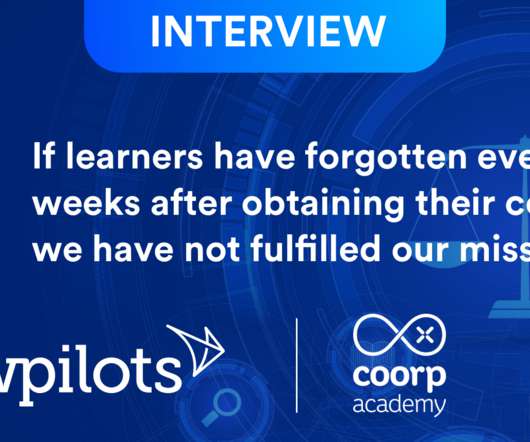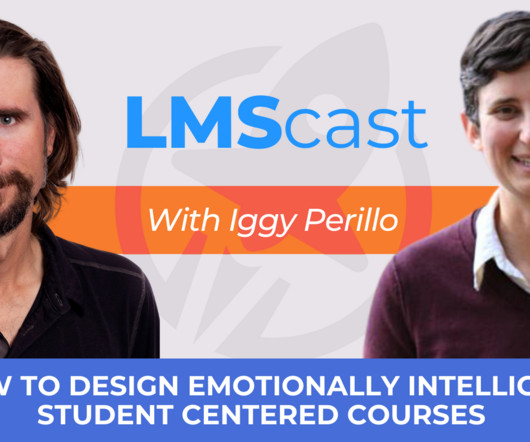Connected pedagogy: Smart technology
Learning with e's
MAY 30, 2019
A variety of new approaches to pedagogy have been introduced as a result of our hyperconnected society (of which more in a future blog post). The fact that any of us can access knowledge, expertise and resources so we can learn at any time and in virtually any place, means that the way we see pedagogy must change. To be continued.













































Let's personalize your content